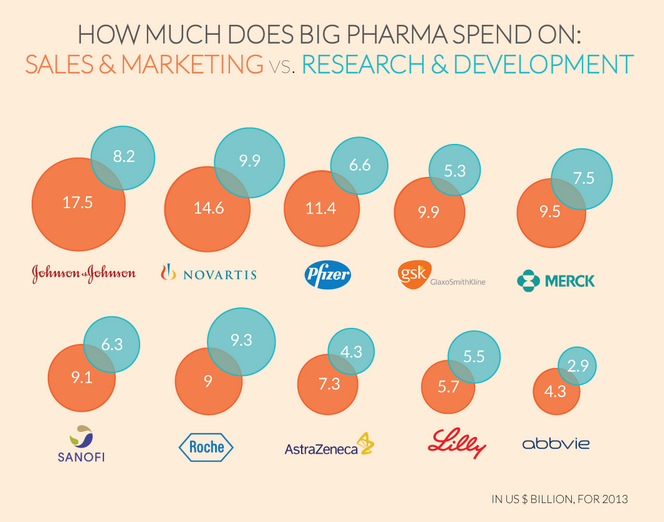PODCAST - #HRHappyHour 204 - Customer Success and Advocacy
HR Happy Hour 204 - Customer Success and Advocacy
Recorded Tuesday March 3, 2015
Hosts: Trish McFarlane, Steve Boese
Guest: Howard Tarnoff
Listen to the show HERE
This week on the HR Happy Hour Show, Trish and Steve were joined by Howard Tarnoff, Senior Vice President for Ceridian HCM, and the person responsible for launching and overseeing the Ceridian's award winning Customer Success Program "XOXO".
On the show, Howard shared some of the pretty unique approaches to Customer Success and Advocacy that Ceridian has put in place - creating ways for customers to connect and share information and best practices, highlighting success stories for both organizations and individuals, and engaging customer advocates at numerous points along the HR buying journey.
Everything has changed about how organizations and individuals conduct product and market research, how they find and engage with trusted advisors and colleagues, and how they expect the relationship between solution provider and customer to evolve. Innovative approaches like Ceridian's "XOXO" customer success program represent how modern, empowered, and mutually beneficial provider/customer relationships have adapted to meet these changes.
We also lamented (yes, again), about the terrible winter weather, Steve pitched his idea for a 'Snow Day' on May 22, we previewed some upcoming events on Steve and Trish's calendars, and dropped the first hint about an exciting HR Happy Hour announcement that is coming soon.
You can listen to the show here, or using the widget player below, (Email and RSS subscribers will need to click through, or go to the show direct link)
As always, you can listen to the current and all the past shows from the archive on the show page here, on our HR Happy Hour website, and by subscribing to the show in podcast form on iTunes, or for Android devices using Stitcher Radio (or your favorite podcast app). Just search the iTunes store or your podcast app for 'HR Happy Hour' to add the show to your subscriptions.
This was a great show, and many thanks to Howard and everyone at Ceridian for being a part of the fun.
 Happy Hour,
Happy Hour,  podcast tagged
podcast tagged  HR Happy Hour,
HR Happy Hour,  HR Tech,
HR Tech,  customers,
customers,  podcast
podcast  Email Article
Email Article 
 Print Article
Print Article 



